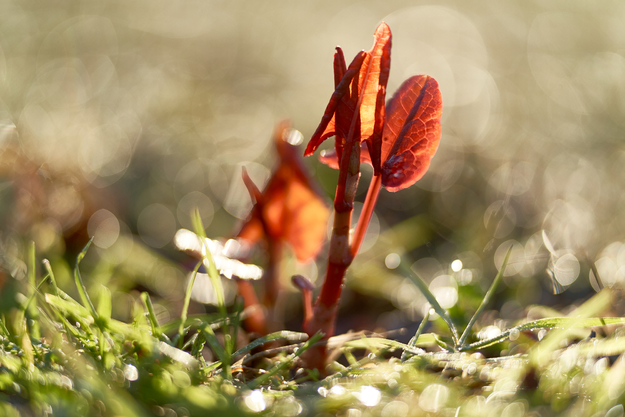Japanese Knotweed (Fallopia japonica) is a native plant from Japan that was brought to the Netherlands at the beginning of the 17th Century by Dutch vessels. At that time, Japan was a Dutch colony, and Philip Franz von Siebold, who was a botanist and a scientist, brought the Japanese knotweed, among many other plants, to Leiden. The plant soon became known throughout Europe as an exotic violet bamboo, they spread so fast that just a century later they shifted from a desired beautiful plant to an invasive evil plant that was destroying our gardens.
It is curious that those who start by invading and exploiting neighboring soils, appropriating their lands and taking their resources, end up falling into their trap, going from invader to the victim of their invasion. The Japanese Knotweed, which did nothing more than adapt and learn to survive in another ecosystem, is seen as the invader; while us humans well know that we were the ones who pulled out their roots from their land in the first place.
The invasiveness of Japanese knotweed results from invasive and authoritative human behavior and has impacted our society very negatively. However regardless of whether we or the Japanese knotweed are to blame for this, they end up causing a lot of trouble. Knotweed changed the European ecosystem by taking the space and light of other plants, even killing them sometimes and damaging the public walkway and public gardens. This has a negative impact on our economy, which invests a lot of money trying to control and kill them.
On the other hand, these plants are living beings and have the right to be respected with care. Besides that, they are very beneficial for us and help us when we feel ill or out of balance. In the end, we could see the Japanese Knotweed as the result of human invasive and authoritarian behavior towards other peoples and living beings.
